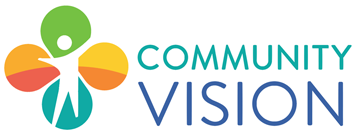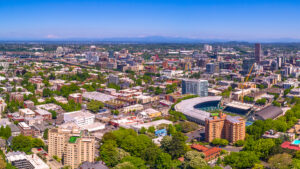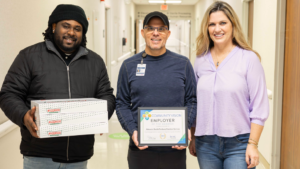Driving Change for Our Community
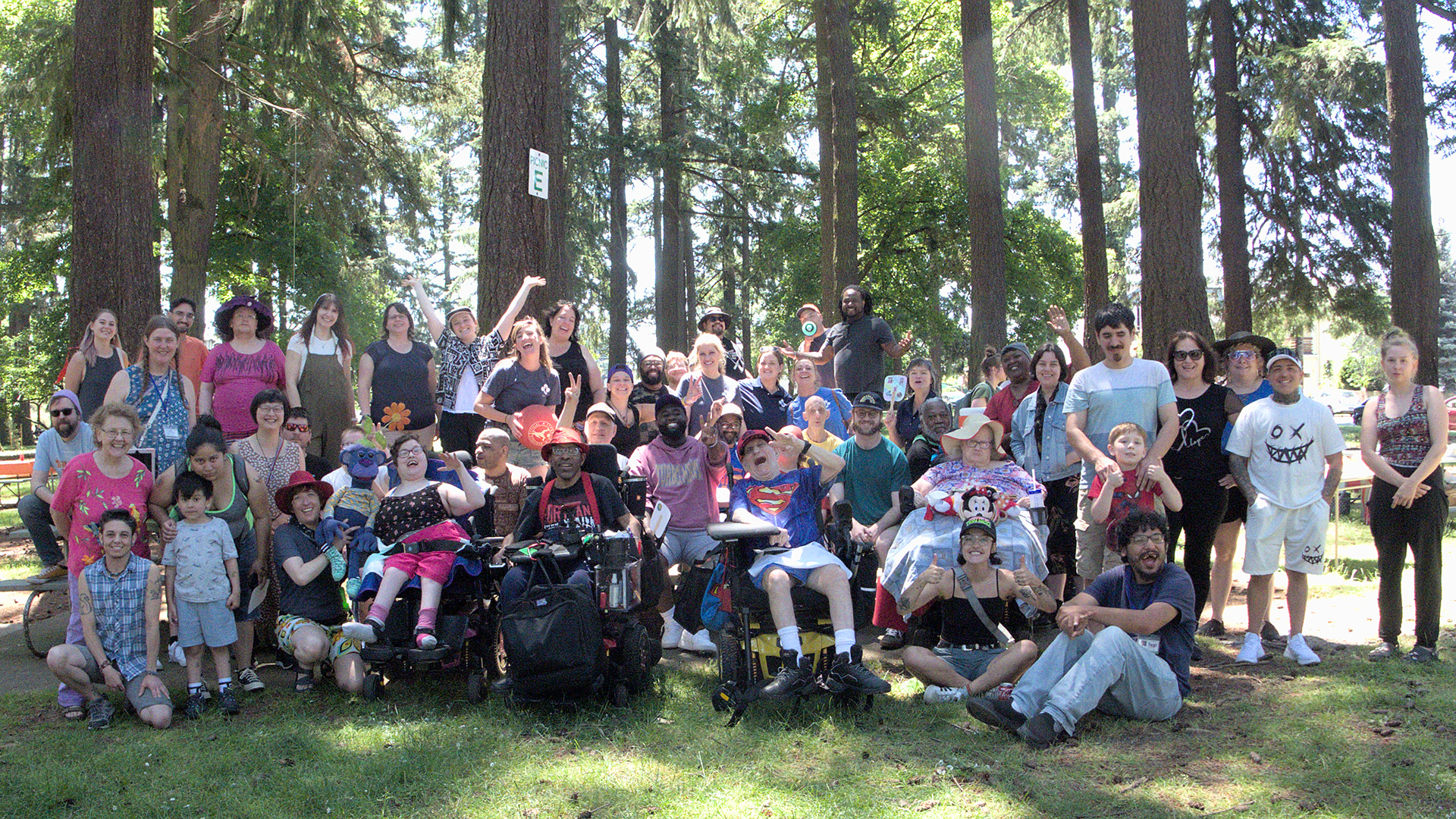
2024 Impact Report
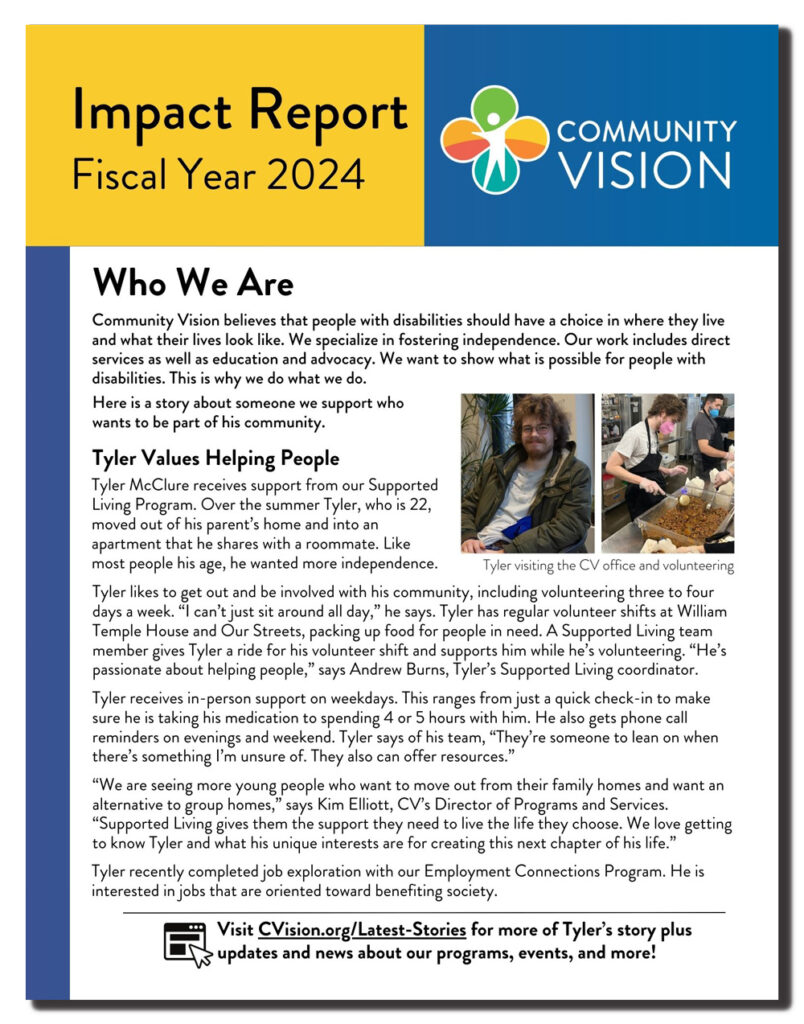
Community Vision believes that people with disabilities should have a choice in where they live and what their lives look like. We specialize in fostering independence. We want to show what is possible for people with disabilities. This is why we do what we do.
You can read about our work in our just released 2024 Impact Report.
“Over the past year, we invested in education and advocacy efforts to complement our already thriving services. We believe this is how we can make an impact on the bigger world,” writes Community Vision Executive Director Jennifer Knapp in the report.
“Our longstanding expertise, coupled with deepening partnerships, can offer a way forward for people with disabilities and their families. As we look to the future, we are committed to driving change for our community. In the rush to build housing and advance technology, we need to make sure people with disabilities are prioritized. We will continue bringing people together to fight for change.”
2024 Highlights
Direct Support
Direct support for people with disabilities is the core of our work. We offer four programs that provide assistance directly to people with disabilities. We work one-on-one with people so they can move toward their individual goals. This transformational work takes time, experimentation, and creativity. The result is that the people we serve live richer and more self-determined lives.
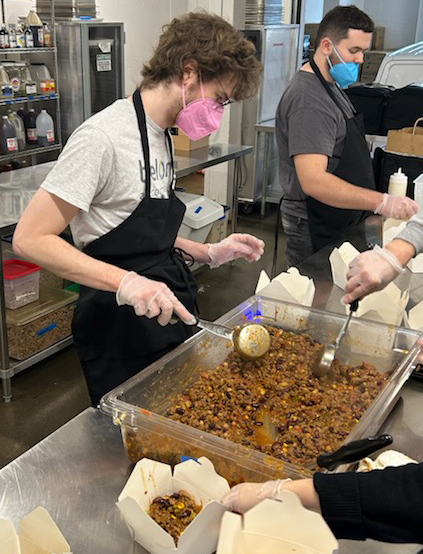
Here is a story from our 2024 Impact Report about someone we support who wants to be part of his community:
Tyler McClure wants to make a difference in the world. The 22-year-old receives support from our Supported Living Program and recently started working with our Employment Connection Program.
Over the summer Tyler moved out of his parent’s home in Beaverton, where he grew up, and into an apartment that he shares with a roommate in Portland’s Hollywood neighborhood. Like most people his age, he wanted more independence. …
Education and Advocacy
Our current advocacy work focuses on creating more affordable, accessible housing. We first identified the problem to be solved. We released a report called “Access Denied: An Overview of the Housing Crisis for People with Disabilities.” In it, we discuss three key housing barriers: lack of affordable housing, lack of accessible housing, and discrimination against people with disabilities in housing.
Addressing these barriers requires effort from multiple angles. We got creative and worked to develop new affordable housing solutions such as Accessory Dwelling Units and tiny homes in the Portland Metro Area. As a result, tenants with disabilities are living in neighborhoods, and our community has new models to try. We also partnered with developers to build universally designed housing that includes accessibility features from the outset. These projects show the potential of partnership and will be providing new living options in the coming years. Finally, we built foundational relationships with decision makers to open up conversations around policy changes in 2025 and beyond.
By creating replicable models and digging into policy improvements, we are putting in place the building blocks of systems change. In the year ahead, we will be furthering these achievements by advancing local and statewide legislative and policy proposals.
